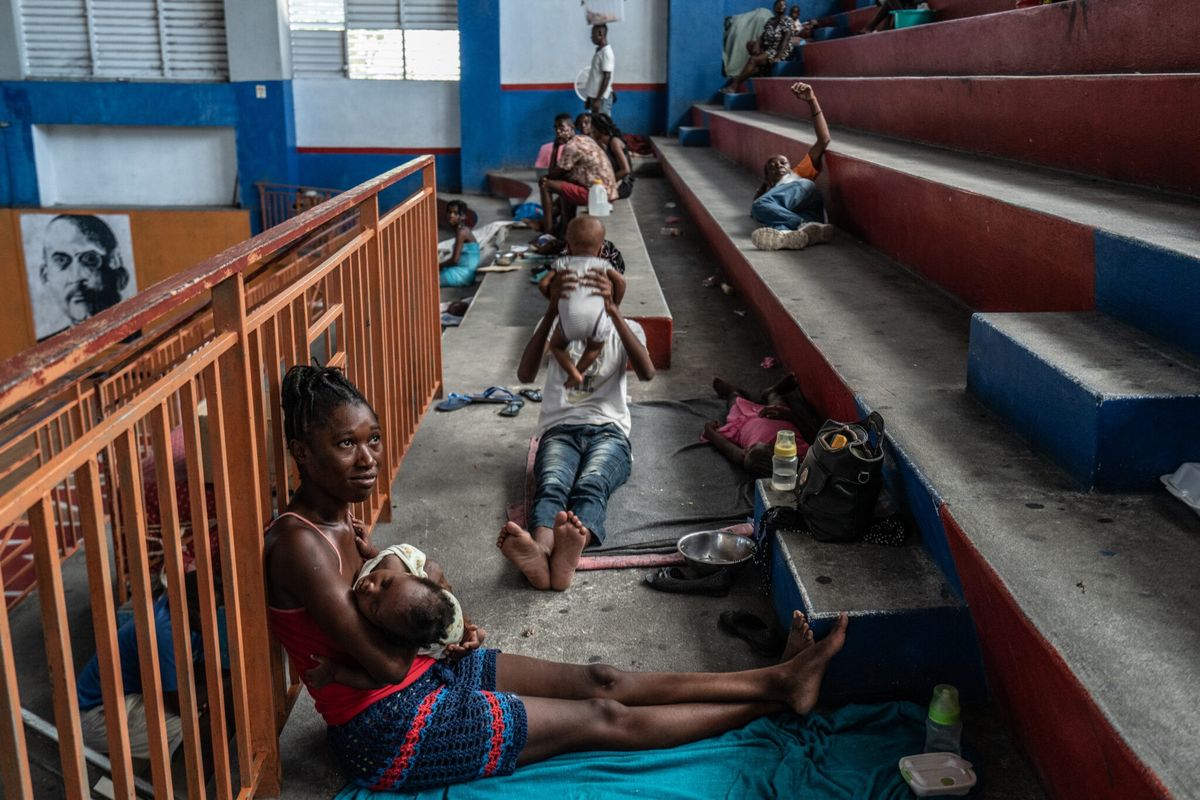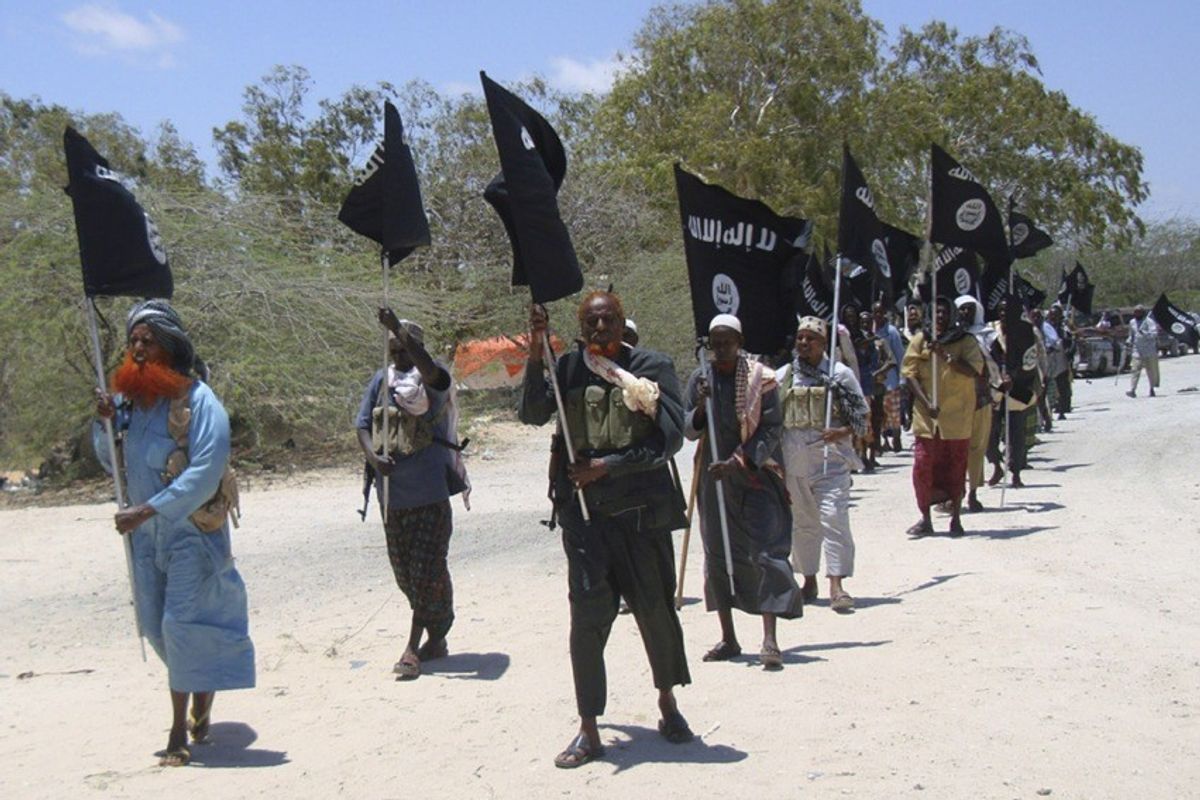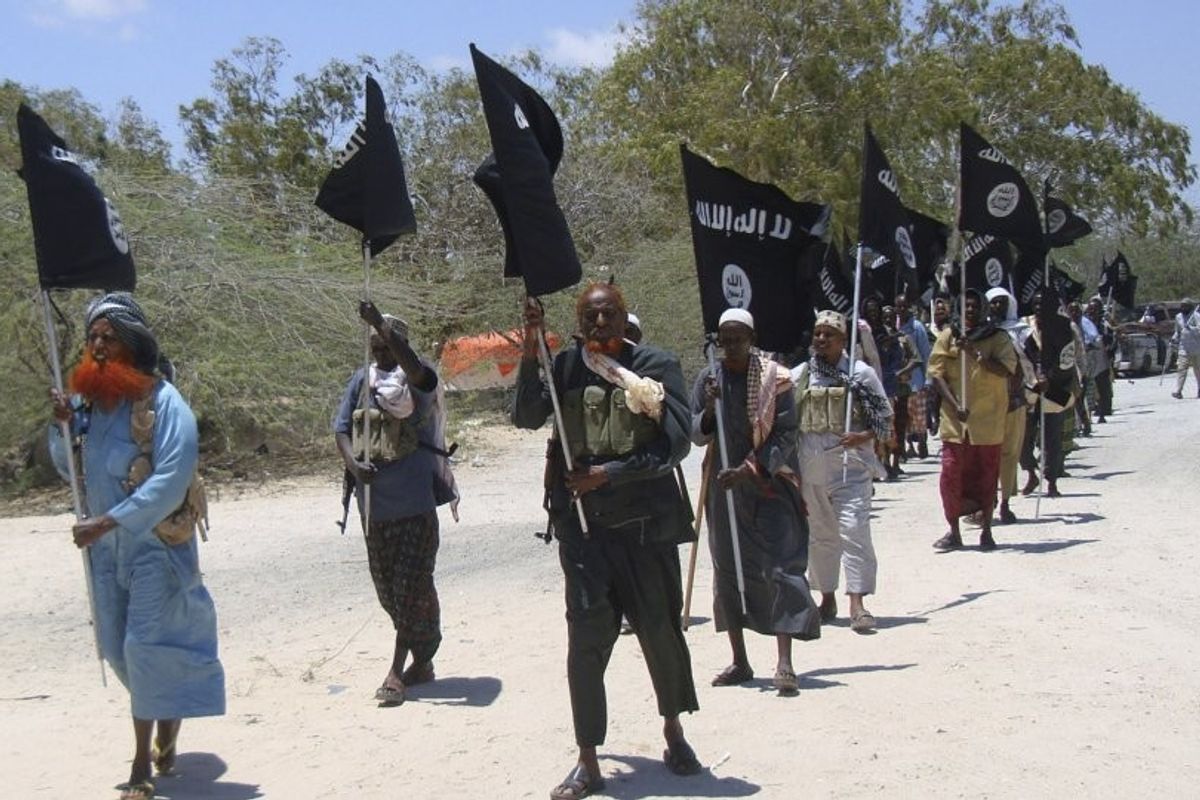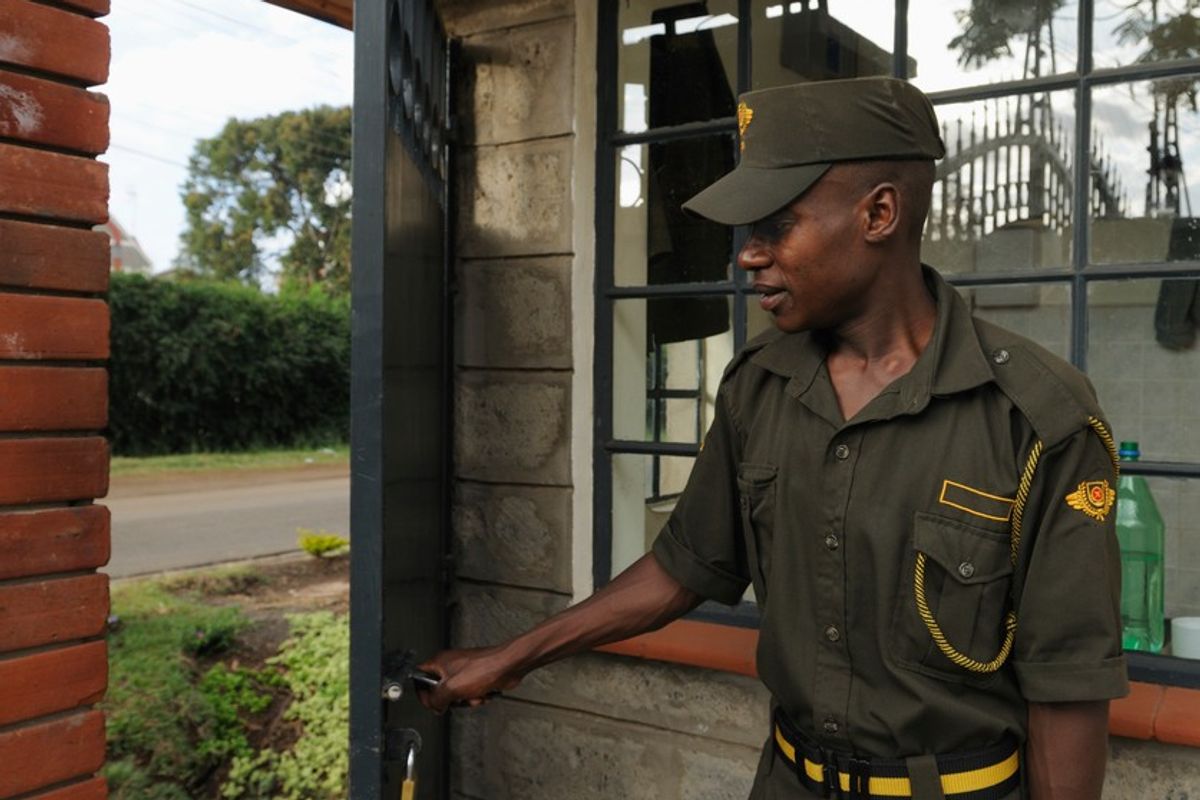Kenya’s new Private Security Regulation Act will regulate the private security industry and allow more cooperation between the private sector and the government on national security. The Cipher Brief spoke with the Amar Taylor, Director of AUA Industria Limited, a private security company in Kenya, about implications of the new Act.
TCB: What will Kenya’s new Private Security Regulation Act do for the private security industry in the country? And can you give a brief overview of the bill?
Amar Taylor: The most recent impetus to regulate the private security industry by law came about after the 2007/2008 post elections violence. In a bid to stop the fighting in Kenya – which very nearly degenerated into a fully-fledged civil war – the Kofi Annan Committee brokered a peace deal between the two principals in what came to be known as the Kenya National Dialogue and Reconciliation Agreement. Agenda item number 4 of this agreement dealt with security sector reforms for Kenya.
One of the reforms coming out of this is the Private Security Regulation Act, signed into law on 20 May 2016. The Act will now legally regulate all firms and all individuals practicing security. Before this, the industry was governed by self-regulation largely through voluntary business membership organizations (BMOs).
Some notable points of the Act are:
- The Regulatory Authority will be a board made up of half private sector and half government participants (although the Board has yet to be appointed, and there is still no secretariat to operationalize the Act).
- The Board will come up with the requirements to register all security staff (including owners and managers) for all security companies.
- Training at accredited training institutions – at least one week per year – and annual certification (pending framework development) are required.
- All security companies are covered by the Act (even those like ourselves at AUA Industria, a systems integrator company).
- The Police can use security guards and vehicles used by the private security industry. This addresses a huge problem with the lack of resources within the current infrastructure.
TCB: Is this new bill a net positive or negative for the private security industry? Will it help or hurt the ability to maintain stability in Kenya?
AT: It's not perfect, but it's a positive step in the right direction. Non-regulated companies will no longer be able to operate and offer untrained security personnel that simply open and close gates, rather than offer any security services. There is transparency, as the Act bans any individual currently in a position in government or law enforcement agencies from holding a director's position in a Private Security Company. Having people entrusted with life-safety and security should demand some sort of basic level of training, which this country is currently sorely lacking. Looking at the ratio of private security guards to Police, we could do a lot more for this country's stability with this in place.
TCB: Will the bill have a large impact on private sector-government coordination on national security, for example to thwart terror attacks?
AT: Absolutely, as there will be a mechanism to report within the organization and government via the new framework. It's likely that every guarding company will have an embedded intelligence officer within the company to collect and collate intelligence and share these with the government. Right now, if there is something suspicious going on, there is no clear framework on how to share this information with government security agencies. Most companies have, therefore, devised their own forms of doing this. However, we shall now have minimum training standards for different levels of guards and a legal framework for cooperation with government security agencies.
TCB: What are the biggest national security threats in Kenya at the moment? In your opinion, what else does the government need to do to maximize cooperation between the private security industry and the government to address these threats?
AT: The root cause is always corruption. However, terrorism and a high crime rate also feature at the top of the list. The government is doing a lot already. If the government can fast track the implementation of the Act, the results can be felt quicker.
TCB: Stability around the world is in the best interest of the U.S. How will stability – and thus, U.S. interests – be affected, if at all, by the new Act?
AT: The Act will professionalize the services and offer able-bodied people to integrate and cooperate with Police and National Security agencies. The flow of intelligence shall be more structured.











